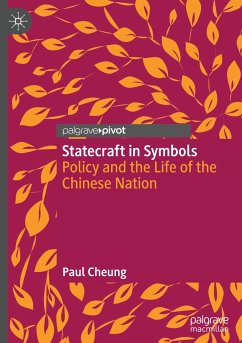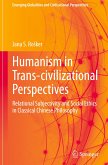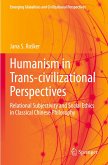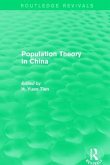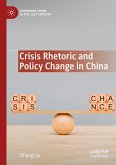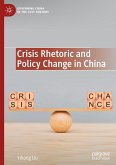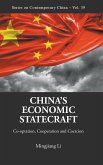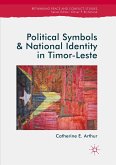This book presents a study of how urban residency in China is regulated by state policy in the second decade of the 21st Century. Far from a straightforward divide between natives and newcomers, policy in this period has created delicate cross-classifications of internal migrants and attendant conditions under which they reside in particular urban areas. With reference to some of the most profound social theorists of the present day, such symbolic acts of division are explained as acts of statecraft carried out by different levels of public administration in the face of multiple quandaries. The book will appeal to those with an interest in the governance of population and territory in China, and by extension, in other parts of the contemporary world.
Bitte wählen Sie Ihr Anliegen aus.
Rechnungen
Retourenschein anfordern
Bestellstatus
Storno

